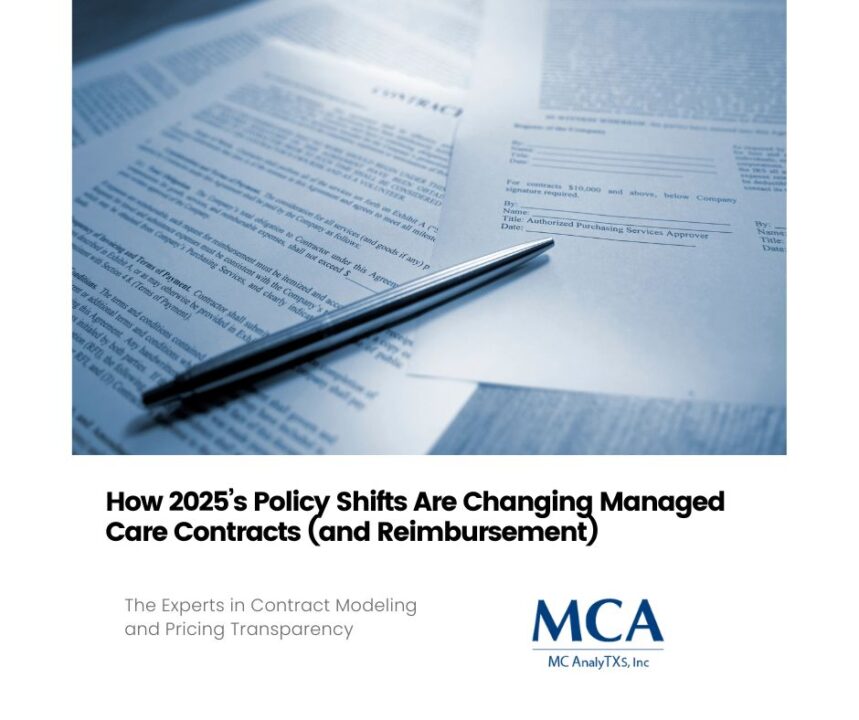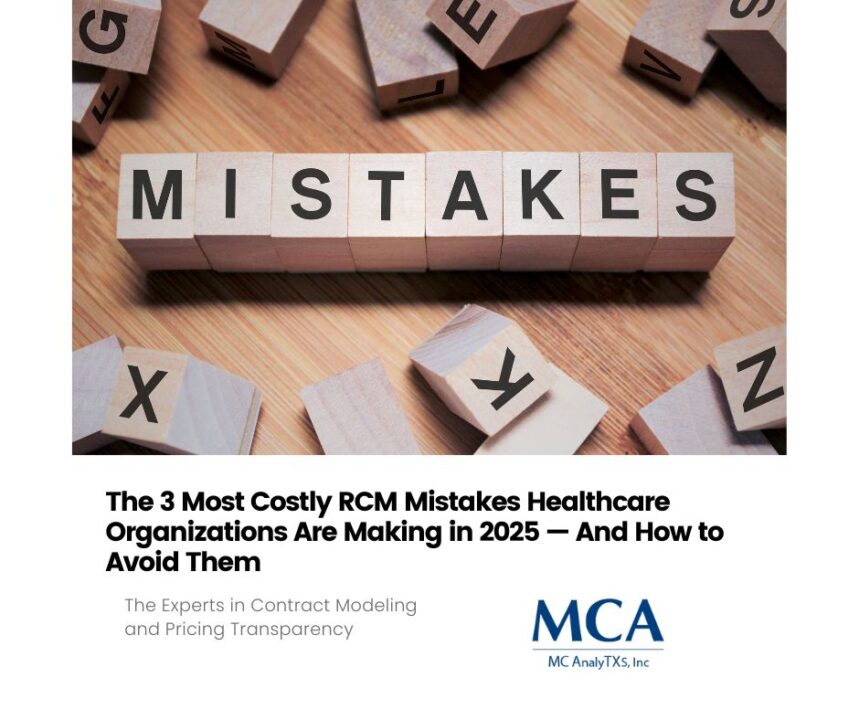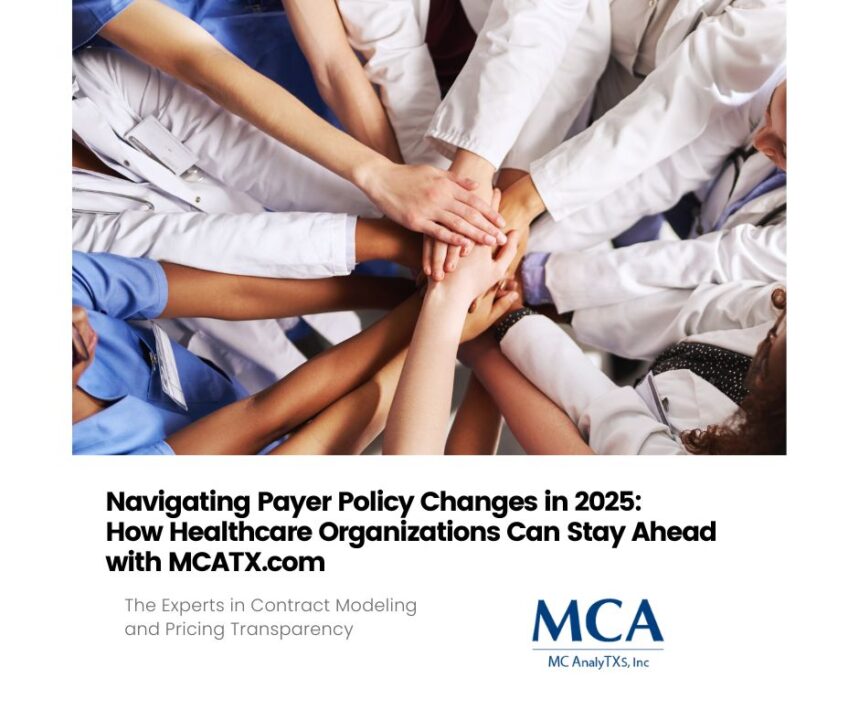
How Contract Modeling Can Help Care Organizations with CMS’s Proposed Rule Changes
July 19, 2023
Solving RCM Pain Points for Financial Success
July 26, 2023The Critical Importance of Cost Reports for Hospitals and Healthcare Systems Since CMS’s Latest Update
The healthcare industry is undergoing a major shift in cost transparency and accountability. The Centers for Medicare and Medicaid Services (CMS) recently updated their guidelines on the submission of cost reports for healthcare providers. These reports are crucial for evaluating the efficiency and quality of care provided by hospitals and healthcare systems. They offer important insights into financial performance, cost structure, patient demographics, and service utilization. This article explores the critical importance of cost reports for hospitals and healthcare systems since CMS’s latest update.
Cost Reports Play a Critical Role in Provider Reimbursement:
Cost reports are not only essential for evaluating the financial performance of hospitals and healthcare systems, but they also play a crucial role in determining provider reimbursement. CMS uses these reports to establish reimbursement rates for Medicare and Medicaid payments to healthcare providers. This means that providers who submit inaccurate or incomplete cost reports risk receiving lower reimbursement rates. In addition, inaccurate reporting can result in significant financial penalties.
Cost Reports Provide Clarity on Financial Performance:
Cost reports provide clarity on the financial performance of hospitals and healthcare systems. They help providers to identify areas where they can reduce costs and improve efficiency. This is especially important given the rising healthcare costs in the United States. Providers that can accurately track and report on their financial performance are more likely to succeed in a highly competitive marketplace.
Cost Reports Aid in Quality Improvement:
Cost reports are not just about financial performance but also offer important insights into the quality of care provided by hospitals and healthcare systems. Providers can use this data to identify opportunities for quality improvement. They can track the costs associated with different service lines, patient types, and treatment modalities to understand where they can improve patient outcomes while reducing costs. This can help providers to develop better care protocols and ultimately improve patient satisfaction.
Cost Reports Help Providers to Engage with Payers:
Providers that can accurately track and report on their financial performance are more likely to engage with payers effectively. Payers are increasingly interested in data-driven decision-making. Cost reports enable providers to demonstrate the value that they offer to payers. They can use the data to negotiate better reimbursement rates, develop new payment models, and collaborate with payers on population health initiatives.
Cost Reports Are Vital in Improving Revenue Cycle Management:
Cost reports are a key component of revenue cycle management in healthcare. They enable providers to understand their cost structure and bill accordingly. By analyzing cost reports, providers can identify billing inefficiencies and develop strategies to improve revenue cycle management. This is important given the complex reimbursement landscape in healthcare today.
In conclusion, cost reports are crucial for hospitals and healthcare systems since CMS’s latest update. They offer important insights into financial performance, cost structure, patient demographics, and service utilization. Cost reports are necessary for provider reimbursement, financial transparency, quality improvement, payer engagement, and revenue cycle management. As the healthcare industry continues to evolve, it is important for providers to be proactive in their approach to cost reporting. By doing so, they can improve efficiency, lower costs, and ultimately offer better care to patients.





